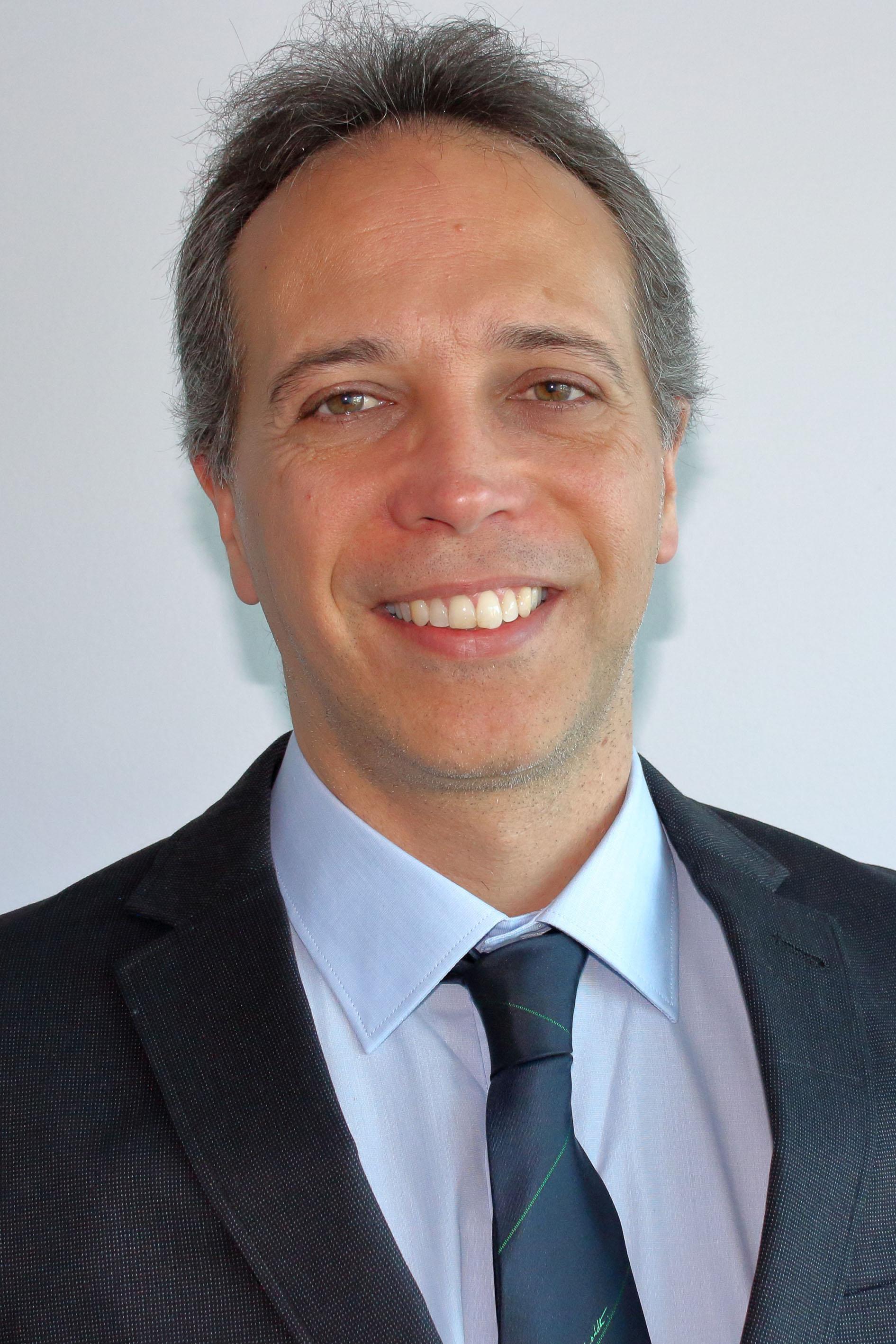Machine Learning Poised To Change Endometriosis Diagnostics And Care

Associate Professor Louise Hull, Endometriosis at the Robinson Research Institute
A collaboration between two University of Adelaide Research Institutes, the Australian Institute for Machine Learning (AIML) and the Robinson Research Institute (RRI), is harnessing artificial intelligence to help change the way endometriosis is diagnosed and thus enhance patient care.
Story provided by Ashleigh Geiger
Endometriosis – a condition where cells similar to the lining of the uterus grow outside of the uterus – affects an estimated 1 in 10 women world-wide, often causing pain and fertility problems. The current gold standard for diagnosis is keyhole surgery, but Associate Professor Louise Hull (RRI) saw an opportunity to develop the potential of less invasive methods. “It’s something people have really needed and wanted, for a very long time”, she says.
Specialist scans, such as transvaginal ultrasound and gynaecological MRIs, have the potential to identify diagnostic markers that indicate endometriosis. The challenge, however, comes in interpreting the images. “Endometriosis scanning is a specialist skill”, says Louise, and not all gynaecologists will have the opportunity to receive specialist imaging training. “If women in the community, who don’t have access to the small number of people who interpret endometriosis scans, could arrange for an endometriosis scan to be performed, a machine learning algorithm could provide some information about their risk of endometriosis. We may be able to provide a faster and relatively accurate assessment of endometriosis without invasive surgery. This would help women understand the reason for their pain symptoms but also help gynaecologists and surgeons better plan surgical, medical and fertility treatments.”

Professor Gustavo Carneiro, Director of Medical Machine Learning at AIML
That’s where the collaboration with AIML researcher, Professor Gustavo Carneiro, comes in. Using a diagnostic dataset provided by Louise as a training sample, Gustavo has built a program that can read specialist scans and recognise certain imaging markers seen in endometriosis, helping doctors to provide a diagnosis. Initial tests show that the software is capable of diagnostic accuracy approaching that of a specialist doctor, and that’s only set to improve as the research develops. “Machine learning is an iterative process – as you give more and more training samples, the accuracy of the system improves”, says Gustavo.
Whilst it is early days yet for the software, with just one dataset analysed so far, both Gustavo and Louise are excited about the possibilities the research represents. “We are wanting to simplify the diagnosis of the problem using artificial intelligence,” says Gustavo. “This is a system that works together with doctors to improve their ability to diagnose endometriosis... It would be like having an endometriosis expert, everywhere!” From Louise’s perspective, the potential clinical impacts are profound. Being able to provide a non-invasive diagnosis will help women achieve an earlier diagnosis, carefully plan their surgery, optimise their pain management and preserve their fertility according to their individual needs.
Removing a barrier to diagnosis may also help reduce the stigma surrounding gynaecological conditions, and alleviate the mental health load associated with the uncertainty many women feel throughout their often long journey towards diagnosis. “There are some people who have had several routine scans which have been classified as normal and only receive a diagnosis when a formal endometriosis scan is undertaken and assessed by a specialist in endometriosis scanning. All the years of uncertainty and the frustration of being told that their pain is normal fall into place. And suddenly their symptoms make sense. It’s like a lightbulb goes on! They can finally start to plan their medical care with confidence in the diagnosis and with the support of the health carers they need.”
Calling for participants
Gustavo and Louise are now calling for participants for the next stage of this study: if you have had gynaecological scans, will have gynaecological scans, or will have diagnostic surgery and want to be involved, please contact the Robinson Research Institute at: endostudy@adelaide.edu.au or 0450 534 950. Follow our Facebook page to hear about more opportunities to get involved.
